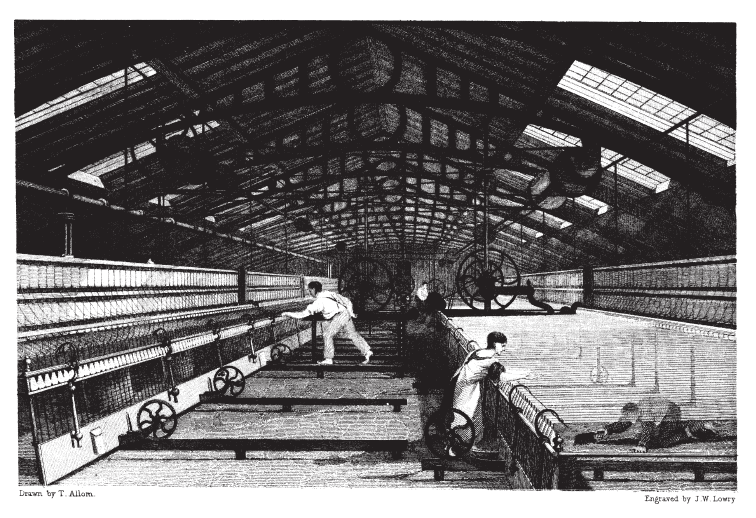While I am beavering away at my friend's tree in Oswaldtwistle, Lancs, I keep being surprised at how young the children are who are working in the coal mines and mills. I think 8 years old is the youngest so far.
I know logically there were lots of child workers but when you see it in the families you are researching, it really brings it home, doesn't it.
I know logically there were lots of child workers but when you see it in the families you are researching, it really brings it home, doesn't it.



Comment